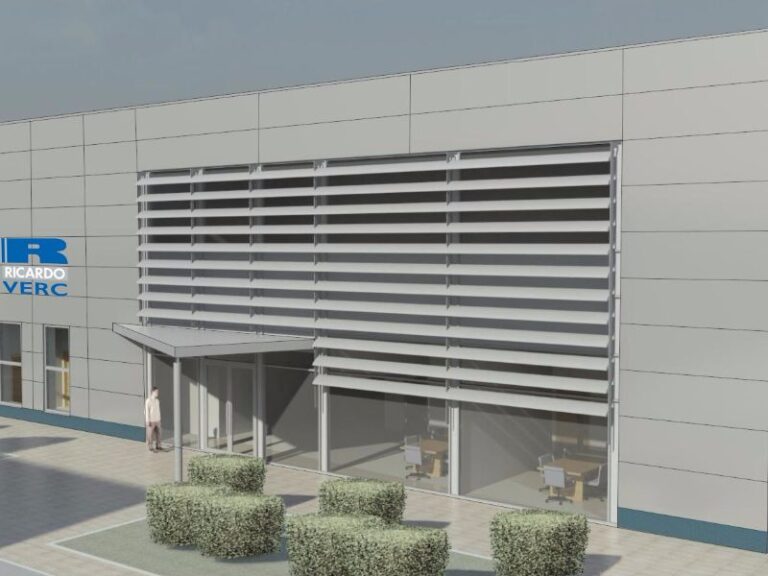Thermo-electric generators that allow waste heat to be recovered and used productively to improve fuel economy and reduce CO2 emissions are being investigated by UK-based Ricardo. The company is one of 12 participating in the ‘INTEGRAL project’ which aims to apply this technology to passenger cars and heavy duty vehicles.
Thermoelectric materials are able to directly convert heat into electricity. The conversion yield is low, but when the heat is lost anyway, like in thermal engines or in energy intensive industries, any benefit is good to take. Most current thermoelectric materials are based on rare or toxic elements, which precludes their implementation at large scale. More sustainable materials have been extensively investigated over the years, but mostly at laboratory scale.
Furthermore, they failed so far to achieve sufficient performance levels to justify heavy industrial investments towards full scale production and market introduction. At last the INTEGRAL Project gathers high level experts within three value chains where thermoelectric generators are expected to fulfil significant market needs: individual cars, transportation trucks and distant sensors in energy intensive industries, e.g. metal or glass production.
INTEGRAL is an Innovation Action project coordinated by CEA within the PILOTS-01-2016 call of the Horizon 2020 Framework Programme. The originality of the project is to involve industrial producers and converters of thermoelectric materials as well as their end-users and final customers, thus covering the whole development chain. Unlike previous projects, INTEGRAL is expected to be a decisive milestone in industrial production and sustainable use of thermoelectric generators for energy harvesting.
Three major Pilot Lines or Technology Platforms in Europe will support key industrial stakeholders in improving material performance and process parameters, which will allow them to scale-up industrial production of thermoelectric materials. CEA’s Technology Platform Poudr’Innov 2.0 hosted the first project meeting in Grenoble.
The project is funded by the European Commission under Grant Agreement number 720878 with a total budget of €8.5m, of which €7m is financial supported by the Commission.


